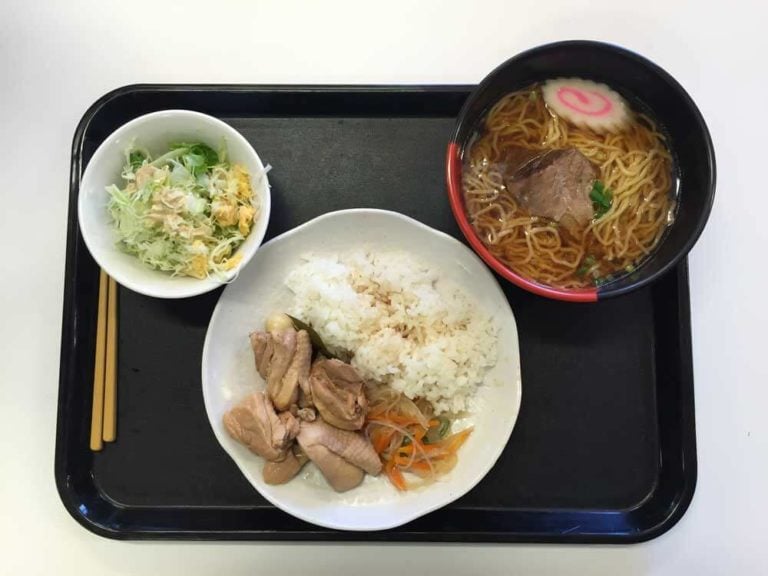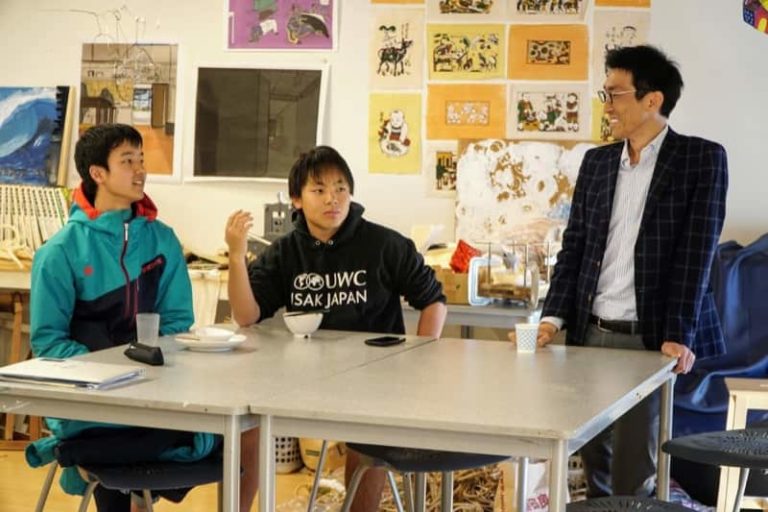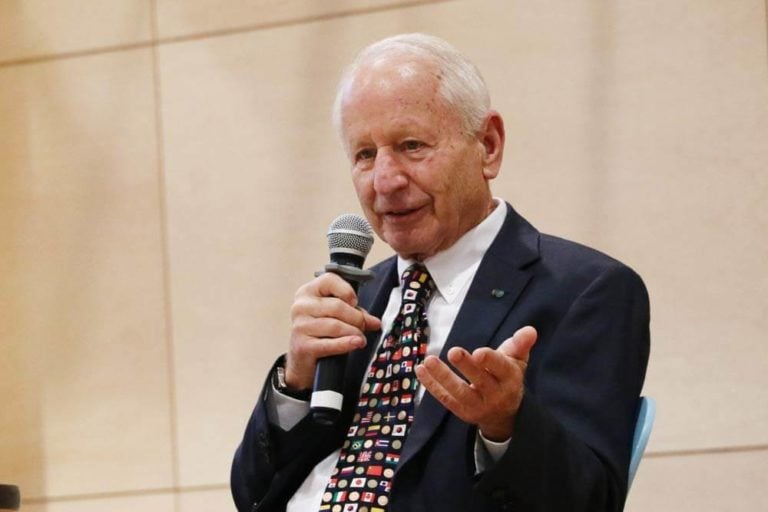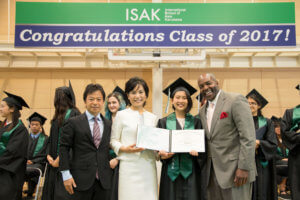 We are back with another alumni update! This month, we caught up with Ho Thi Quynh Trang (Class of 2017, Vietnam), colloquially known as B, who took a gap year to help revitalize tourism in her hometown.
We are back with another alumni update! This month, we caught up with Ho Thi Quynh Trang (Class of 2017, Vietnam), colloquially known as B, who took a gap year to help revitalize tourism in her hometown.
Can you tell us about your decision to take a Gap Year?
After a long trip wandering through Japan with my parents, I grew to be more fascinated by the Japanese standard of service. Since coming back home, my main objective was to gain in-field experiences in the tourism industry, and to utilize the knowledge and skills I developed during the time I was in Japan. Above all, I have a deep passion for helping people. I have always wanted to assist my hometown with tourism development.
Highlights of my Gap Year
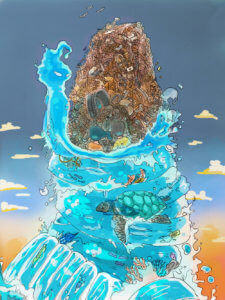
-
- I was able to gain insight into customer demand through the role of a receptionist, as well as in a marketing agency. I spent time to observe and interact and interview not only with customers, but also staff, hotel owners, restaurant managers, tour guides, and top executives from national parks. It felt like being in a vivid class where everybody is your teacher and everybody loves to teach!
-
- My side projects consist of illustrating artworks for UWC ISAK’s Marine Conservation Project UMI in order to promote solutions to ocean debris, namely Only One Ocean. The work has received positive feedback and it will soon be published and distributed to Japanese primary school students. I hope it will raise significant awareness amongst the community. I also teamed up with some of the junior students here to run QBooz guide – a social media project that aims to provide information and inspiration for local travelers. I also learned to drive a car and gain financial independence.
-
- I helped my parents design t-shirts, as well as rebranded and initiated the marketing campaign for our family business. We are growing strong with many great reviews from our guests, therefore, I am glad that I have time to stay grounded and contribute my efforts into building the enterprise. I also realized that I was very inexperienced in this, so I tried to take every moment to learn and absorb new things as quickly as possible
-
- Along with some other acceptances, I was admitted to Parsons School of Design in New York with an annual scholarship offer. However, the cost of attending still poses a challenge for us and we need to be very considerate since financially we cannot afford the full costs. I will continue to try my best while we figure out a way to attend the school.
How was the Gap Year overall?
At the end of the school year, I was seized by a terrifying realization of not knowing what my future was going to be. I was excited yet frightened because of the road I was taking and the opportunities I would miss by not continuing my conventional education. Although my parents gave their full support, I could not avoid thinking that I had made a big mistake. Until later on, I found out that the gap year was not only an extensive discovery of myself, but also a compelling round trip for family relationship, community connection and future career path. My gap year was also full of bewilderment. Do I regret not planning for it properly? Probably. Do I regret taking the gap year? Absolutely no.
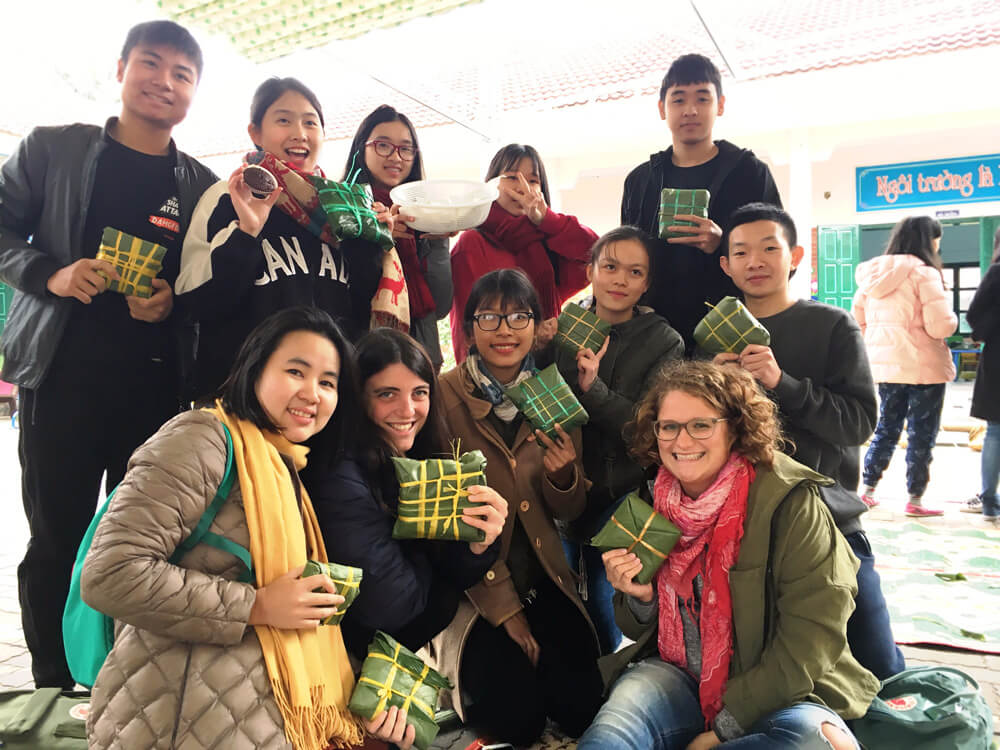
Is there any advice giving to current students who are interested in taking a Gap Year?
For gap year enthusiasts: Be ready to be lost. Choosing to pursue a gap year has been similar to a venture into Tokyo without a proper map. It’s always worthy to prepare yourself with routes, alternatives, destinations, and activities you want to participate. Having a concrete plan will free a lot of brain power while giving you time to make the most out of your journey. Since there is no school, there is no structure and no deadlines, so time will pass by each day without you realizing it. It is important to pinpoint a goal, then be your own boss and make progress. One thing I learned is to reach out for help. Yes, it’s cliché in ISAK because everybody is offering it for free, but in reality, you need to be active in finding people who are willing to help you, and sometimes you even need to sacrifice something to earn that help. I also recognized the importance of networking, mentorship, and environment: the three external factors I took for granted while I was still in ISAK. Without them, you would be utterly alone on the way of building something greater than yourself, so while you still have the opportunity, seize it.
How did ISAK influence you?
ISAK has given me the picture of success earned by passion and hard work, and seeded within me the idea of giving back to the community. But more importantly, it gave me a network of support. I am grateful for friends who granted me positivity, and am truly thankful for many teachers who have taken care of my requests, tackled my problems, gave me encouragement despite their business and the distance we are at. Leadership, critical thinking and creativity are amongst many things I learned to apply to my works. There are plenty of space to growth and I am eagerly looking forwards to use more of the skill set I have learned in ISAK to daily life.
